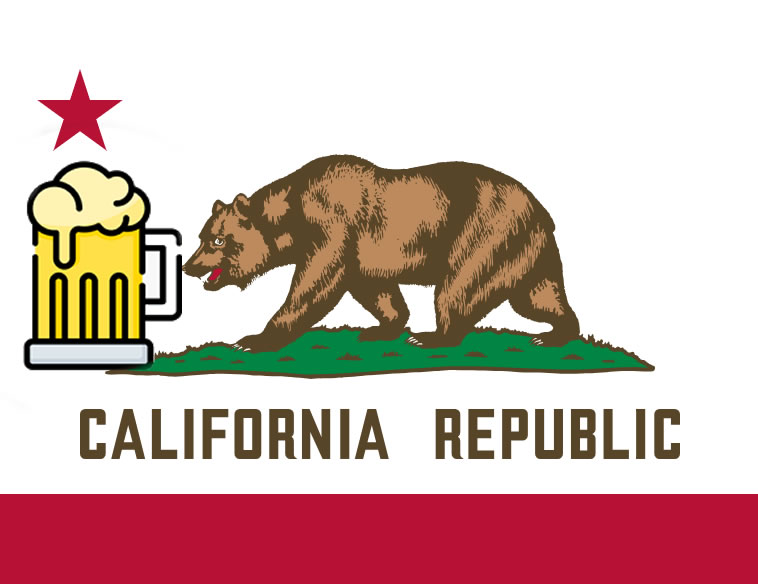California Liquor Laws: What Every Business Owner Needs to Know
Selling alcohol in California comes with a long list of rules. These laws are designed to protect public safety while allowing businesses to thrive. For any business owner planning to sell alcohol, understanding these regulations is crucial. Here’s a clear and straightforward guide to help you navigate California’s liquor laws.
The Role of Alcohol Beverage Control
The Alcohol Beverage Control (ABC) is the state agency that oversees the sale and distribution of alcohol. They issue liquor licenses, enforce laws, and ensure businesses comply with state and local regulations.
Every business that sells alcohol—whether it’s a bar, restaurant, or liquor store—needs a license from the ABC. Without one, selling alcohol is illegal and can result in hefty fines or closure.
Types of Liquor Licenses
California offers a range of liquor licenses to accommodate different business types. The two most common categories are:
- On-Sale Licenses: For businesses that allow alcohol consumption on the premises, such as bars and restaurants.
- Off-Sale Licenses: For businesses that sell alcohol for consumption off the premises, like liquor stores or grocery stores.
Some licenses are location-specific, while others depend on business operations. Limited licenses may be distributed through the Liquor Lottery, a system used to manage high demand in certain areas.
The cost of a liquor license varies widely. Prices can range from a few hundred dollars for certain licenses to tens of thousands for highly sought-after permits in competitive regions.
Key Laws You Need to Follow
Selling alcohol comes with several legal responsibilities. Here are the most important ones:
- Age Restrictions: It is illegal to sell alcohol to anyone under 21. Verifying IDs is mandatory.
- Hours of Sale: Alcohol can only be sold during specific hours, usually between 6 a.m. and 2 a.m.
- Dram Shop Laws: Business owners can be held liable if they serve alcohol to an intoxicated person who then causes harm to others.
- Zoning Compliance: Your business location must comply with local zoning laws.
Breaking any of these laws can result in fines, license suspension, or revocation.
What Is a Temporary Liquor License?
Sometimes, the process of getting a full liquor license takes months. To help businesses avoid delays, the ABC offers a Temporary Liquor License in certain cases.
This license allows you to sell alcohol while your full application is under review. However, it’s only available to businesses that meet specific criteria, such as being in the process of transferring ownership or reopening under new management.
The Role of Consultants
The application process for a liquor license can be complex. This is where an ABC Consultant or Liquor License Consultant can help.
These professionals are experts in California liquor laws and licensing. They assist with:
- Preparing applications
- Ensuring compliance with state and local laws
- Addressing potential obstacles, such as zoning or community objections
Consultants can also provide guidance on license transfers and help you navigate the Liquor Lottery process if needed.
Staying Compliant
Once you have your liquor license, staying compliant is just as important as obtaining it. Regular audits, training staff on alcohol laws, and addressing complaints promptly are key to avoiding legal trouble.
Keep in mind that licenses must be renewed periodically. Any changes to your business, such as expanding your premises or changing ownership, may require an updated license or additional approvals.
Serving Alcohol Responsibly
California liquor laws are strict but manageable with the right knowledge and preparation. By understanding the rules, working with experts, and maintaining compliance, you can focus on growing your business without unnecessary stress.
Selling alcohol is a privilege, not a right. Take the time to get it right, and your business will benefit in the long run.


